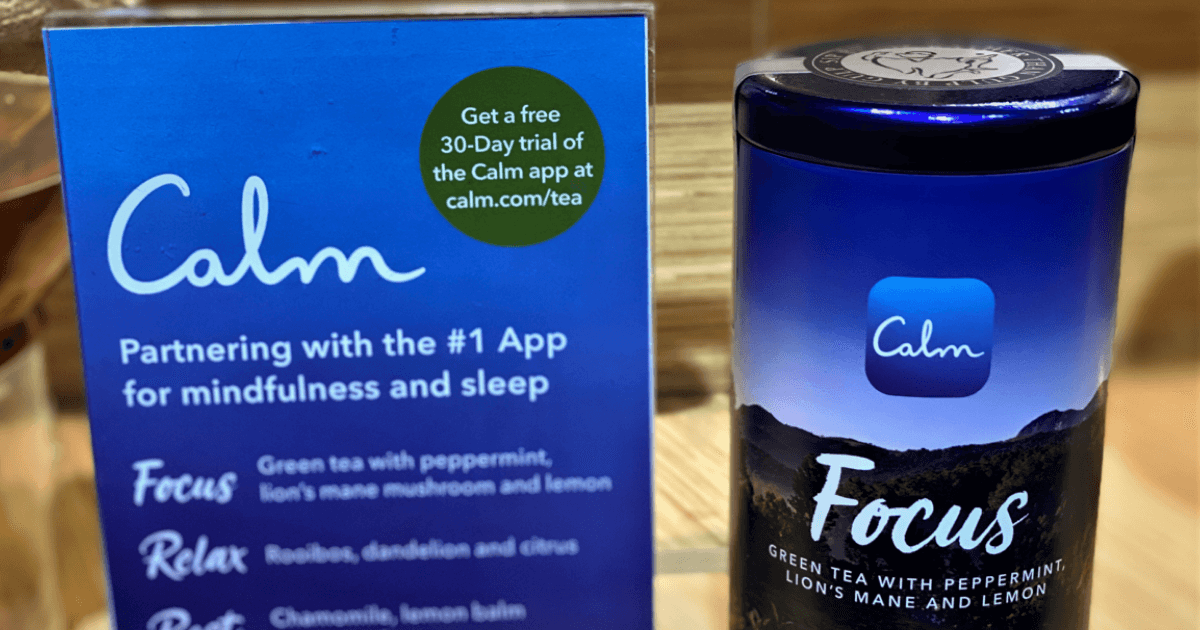Consumers Show Continued Appetite for Licensed Food Brands

As the global economy struggles to adjust to the new normal, consumer food brands are moving to presreve favor gained with consumers during the pandemic.
That’s coming through licensing amid a series of deals in recent months that seek to cement food brands’ place in pop culture and remain relevant with consumers.
For example, Hormel’s Spam, which fed U.S. troops during World War II and long has been a licensing staple, recently announced an agreement with USAopoly that combines its brand with Hasbro’s Yahtzee for a board game. And Reebok, which is in the process of being sold to Authentic Brands Group and is trying to rekindle interest, launched a collaboration last fall with Jelly Belly Candy Co., that combines jelly bean colors with five different shoe styles, including one playing off Reebok’s pump technology that reached a peak in the early 1990s. And then there is Kraft Heinz, which licensed Korean skincare company Seoul Mamas for an Oscar Meyer bologna-inspired moisturizing face mask that quickly sold out.
Remaining Au Courant
In most cases, these are well-known brands and consumer staples that are seeking to remain au courant in an ultra-competitive market where consumer fancy is fleeting. Most of the deals are limited run offers designed to create a sense of urgency and are gone as quickly as they arrive. Some are seasonal drops, especially when it comes to apparel.
There’s also been a shift to ever-more limited quantities ranging from 5-10 to 500-1,000 units that further create a sense of scarcity, said Ross Misher, CEO of Brand Central, which represents Kraft Heinz. Among the examples, the Oscar Meyer deal with Seoul Mamas and one it had for bacon-scented shoelaces. And there’s B&G Foods Green Giant brand, which paired with Just Born’s Peeps, for cauliflower-flavored marshmallow bunnies that also traded on the vegetable’s growing popularity.
“These trends will last well beyond the pandemic as they have only scratched the surface of what is possible with the plethora of brands that are available,” said Lexi DeForest, senior director of brand licensing at Brand Central. “With food comes passion and we think we will be seeing a lot more unique partnerships in the near future as brands look to differentiate and stay ahead of trends.”
Staying ahead of trends was on display at the Winter Fancy Food Show in Las Vegas that ends today (Tuesday). In some cases, it was pairing two things that typically go together. For example, Rufus Teague is packaging its trademark barbeque sauce inside 12-ounce cans bearing craft brewing brands like Oskar Blues Brewing’s Dale’s Pale Ale and Boulevard Brewing Co.’s Tank 7. And Jelly Belly is extending its 22-year Harry Potter licensing partnership with Warner Bros. Consumer Products to include Wizarding World Butterbeer chewy candy that ships in the fourth quarter.
Meanwhile, The Republic of Tea, known for packaging its loose leaf teas and tea bags in cylindrical tins, launched licensed Calm brand green tea with peppermint tea bags that come with a 30-day free trial of the meditation app service. Calm was founded by Michael Acton Smith, who also was behind Mind Candy, which was home to the Moshi Monsters online role-playing game that became a licensing hit. Just Born also further extended the Peeps brand into hot chocolate under a deal with McStevens, while Molly Bz introduced Hot Mess Cookies that are infused with Anger Management Tequila and topped by Cheetos.
“Fun and unexpected collaborations are a great way to excite existing consumers and bring new fans into the fold,” said Rob Swaigen, VP of Global Marketing at Jelly Belly. “But it’s important that brands who collaborate share a like-minded mission in order for the partnership to be impactful. That’s the lens in which we evaluate partnerships here at Jelly Belly. It has to be a fit for our brand values, but also something we know will resonate with our retail partners and consumers.”
As they reach new consumers, established brands also trying to create extensions that give them new life, said Warren Shorr, VP of business development and global licensing at Crayola, which has had food licensing deals with Noshi for edible organic fruit food “paint” and The License Factory for Confetti popcorn and cotton candy.
“When something is its own entity, it’s powerful to be able to extend that through a partnership into a new business,” said Shorr. “That is what we are trying to do in creating both a new product and a long-term agreement” with a licensee.




